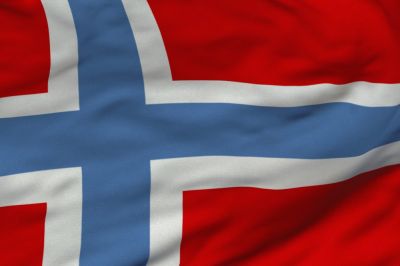Population (mln): 5,05
Official language/s: Norwegian
Time zone: UTC+1 Winter, UTC+2 Summer
Internet TLD: .no .sj .bv
Calling code: +47
Unemployment rate Sep 2011 (%): N/A
Unemployment rate under 25 years Sep 2011 (%): N/A
Unemployment rate Sep 2012 (%): N/A
Unemployment rate under 25 years Sep 2012 (%): N/A
Population statistics 20-29 age group 2011 (%): 12,6
Country codes in education system: NO
Expected duration of education (years): 18,2
The Master's Degree is a new degree created by the 2001 reform.
Normally, it requires two years of study beyond the Bachelor's Degree. In some
fields of study the Master's degree is awarded after a five-year one-tier
programme. The degrees of Candidata/Candidatus
medicinae/psychologiae/theologiae have been retained from the old system (see
below). Studies last for six years.
OLD SYSTEM: The second level (postgraduate)
degree usually consists of one-and-a-half to two years' additional study and requires
a main subject based upon the intermediate level examination in the same
subject as the Cand.mag. degree. The degree is called Candidatus/Candidata
(Cand.) followed by the name of the field of study. An important part of this
degree is independent research work in the form of a thesis. Graduate degrees
are offered by universities and university colleges, several state colleges and
some private colleges. The pre-reform degree candidatus/candidata xxx (the
various post-graduate degrees) will be phased out by 2007.
